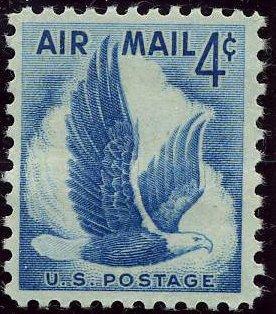
Simviation Forums
Flight Simulator and other chat



The iPhone requires that its firmware have a digital signature that authentically demonstrates that the firmware was developed by Apple and has not been subsequently modified. The FBI does not have (and is not asking for) access to Apple's signing key. It is instead asking for Apple to use its signing key to sign the custom firmware so that the iPhone will accept it and run it. It is this signature requirement that means the FBI cannot create the software itself.
It's this same requirement that also means that iPhone users would be safe even if the special firmware leaked. Changing the embedded unique identifier within the special firmware would break the signature and thus cause targeted iPhones to reject the firmware. This is why complying with the court demand would not jeopardize the security of any other phones. The cryptographic safeguards don't allow it.











OldAirmail wrote:Politics





pete wrote:I....
- they control too much of what you can install - even to the point of installing stuff for you!
.....





 People Eating Tasty Animals.
People Eating Tasty Animals.


.The most powerful government on earth can't unlock an iPhone........




According to a court filing prepared by Apple, the company first received — and responded to — FBI requests for information related to last year's deadly shootings in San Bernardino, Calif., just three days after the attack.
As noted in the declaration of Lisa Olle, manager of Apple's Global Privacy & Law Enforcement Compliance Team, law enforcement officials contacted the company's 24-hour emergency call center on the afternoon of Dec. 5, three days after Syed Rizwan Farook and his wife Tashfeen Malik killed 14 people in a self-proclaimed act of terrorism. Farook's iPhone 5c now sits at the heart of a contentious debate between privacy advocates and national security hawks.
The information sheds new light on Apple's efforts to cooperate with FBI investigatory operations prior to being served a federal court order compelling assistance in breaking into Farook's iPhone. It was previously learned that by early January Apple was in regular discussions with government officials over how best to extract the phone's data, though information stored on Apple's end was apparently provided weeks earlier.
On Dec. 5, Apple handed over two parcels of information after receiving legal notice seeking subscriber information (likely iCloud subscriber data, though it's not specified in Olle's declaration) attached to three names and nine specific accounts. A day later, Apple received a search warrant for emails, messages and other information associated with three separate accounts. Another request on Dec. 16 sought information related to one name and seven different accounts. Apple was able to provide same-day turnaround on each of the three requests.
As for the iCloud account attached to Farook's iPhone, Olle states the official search warrant was served on Jan. 22 seeking the same communications and customer information requested in December. Apple complied and on Jan. 26 provided the government with whatever data it had in its possession.
It was later revealed that the FBI ordered the San Bernardino County Department of Health, Farook's former employer and owner of the iPhone 5c in question, to reset the associated Apple ID password on Dec. 6 without first consulting Apple. Company representatives, including CEO Tim Cook, said the move was a misstep as it nullified the possibility of using iCloud's automatic sync feature to procure a backup without unlocking the device.



Users browsing this forum: No registered users and 436 guests